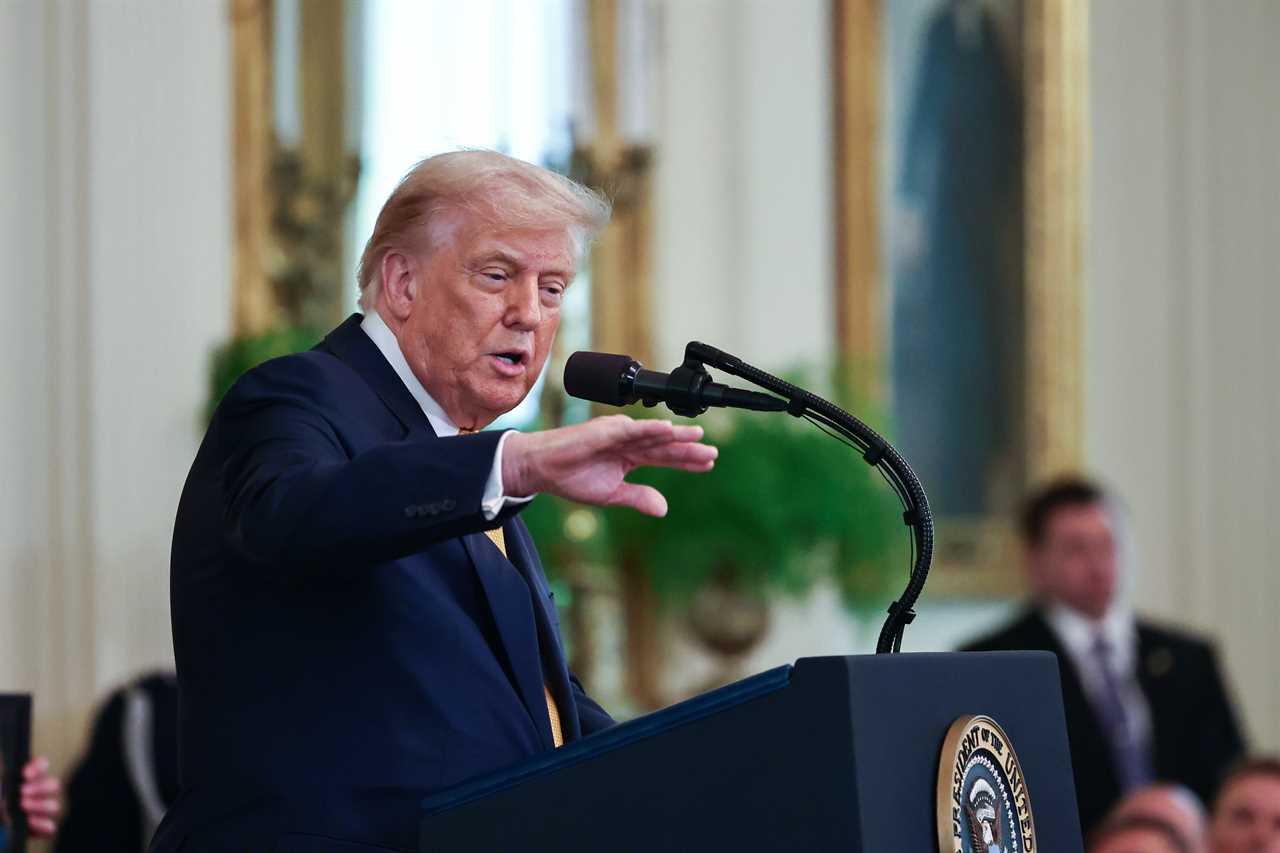
In a recent press briefing, White House Press Secretary Karoline Leavitt addressed the public's questions regarding President Donald Trump's health, specifically the bruising on his hands and swelling ankles. While these visible symptoms triggered speculation, Leavitt clarified that they are linked to a chronic venous insufficiency condition, shedding light on the complexities of the President's medical situation.
The wider context: Understanding Chronic Venous Insufficiency
Chronic venous insufficiency is a condition affecting blood circulation primarily seen in individuals over 70, like President Trump. Leavitt's explanation of this condition, causing swelling and discoloration in extremities, underscores the importance of understanding health concerns in the context of ageing. With over 200,000 cases reported annually, this condition is not uncommon, highlighting the need to navigate discussions around health with care and accuracy.
Unveiling the President's Transparency Efforts
Leavitt's mention of the President's request for transparency through a physician's letter showcases an attempt to provide clarity amidst speculation. By revealing details of examinations and ruling out severe complications like deep vein thrombosis, the administration aims to offer a transparent view of the President's health while dispelling unnecessary concerns.
A Historical Lens on Trump's Health Narrative
Trump's health history, including his annual physical exams, cataract surgery, and weight loss, paints a broader picture of his well-being. This narrative, intertwined with lifestyle choices like golfing and dietary preferences, offers insights into the President's personal habits and how they intersect with his public image, inviting reflection on the complexities of health in the political sphere.

Connecting Health and Public Perception
From Trump's dietary habits to his physical appearance during diplomatic meetings, the public's perception of his health intertwines with his leadership. Leavitt's briefing not only addresses medical concerns but also delves into the intersection of public image, transparency, and the nuances of health narratives in shaping political discourse.
In conclusion, navigating discussions around a public figure's health requires a delicate balance of medical facts, historical context, and transparency efforts. Leavitt's briefing on Trump's health concerns serves as a reminder of the multifaceted nature of health narratives in the political sphere, urging us to approach such discussions with nuance and a critical eye towards broader societal implications.
Did you miss our previous article...
https://trendinginthenews.com/uk-politics/labour-suspends-diane-abbott-again-for-controversial-race-comments






